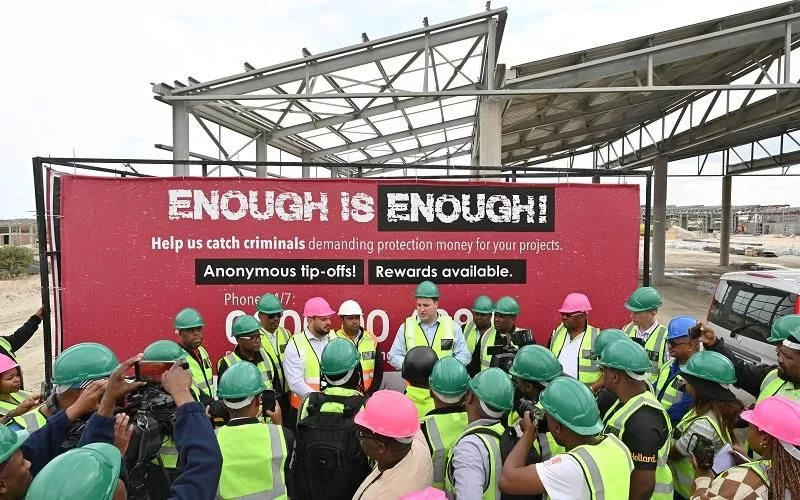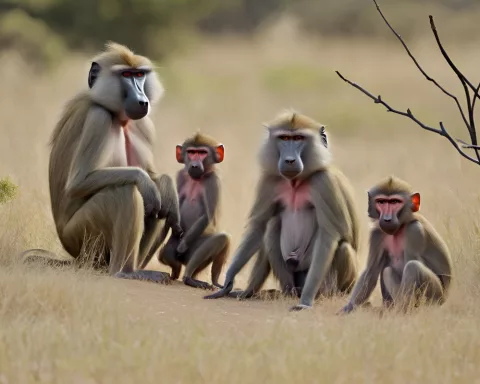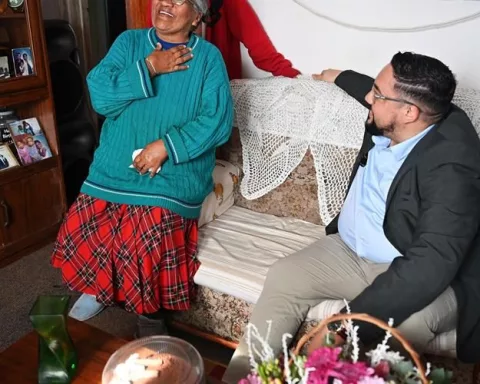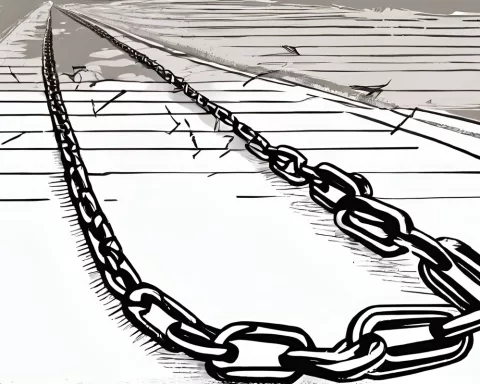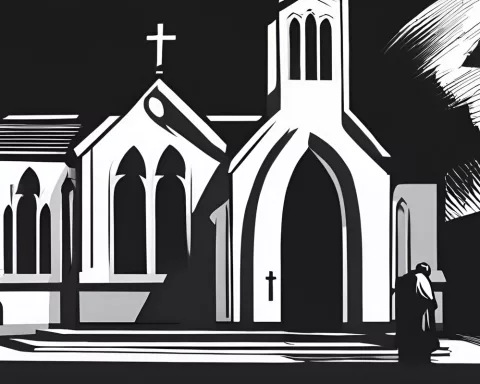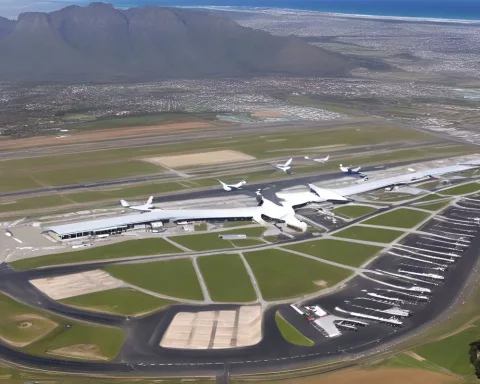The Recreation and Parks Department in Cape Town is responsible for maintaining over 7,000 hectares of public land, but has faced challenges with service providers and adverse weather conditions. To tackle these issues, the department is terminating non-compliant contractors, enforcing penalties for poor performance, modifying its mowing strategies and exploring new operating models for mowing services. By taking a proactive approach, the department aims to ensure that Cape Town’s public spaces remain well-maintained and welcoming to both locals and tourists alike.
How is the Recreation and Parks Department tackling mowing obstacles in Cape Town’s public areas?
The department is responsible for maintaining 7,080 hectares of public land in Cape Town. However, it has faced challenges with service providers and unfavorable weather conditions, including severe storms and heavy rainfall. To address these challenges, the department has taken a proactive approach, such as terminating non-compliant contractors and enforcing penalties for poor performance. It has also modified its mowing strategies and is exploring new operating models and solutions to ensure the city’s public spaces remain well-maintained and welcoming.
Maintaining Cape Town’s Public Spaces
Cape Town, a vibrant and scenic city, is famous for its rich cultural heritage, stunning natural landscapes, and lively urban atmosphere. A key player in preserving the city’s visual appeal is the City’s Recreation and Parks Department, which takes care of public spaces and ensures that both locals and tourists can enjoy the green and welcoming surroundings. One of their primary duties is handling the mowing services for 7,080 hectares of public land, keeping these areas clean and well-maintained. Recently, the department has encountered several challenges in executing this duty, and is actively working on addressing these problems.
The range of tasks under the Recreation and Parks Department’s purview is vast, covering 5,941 properties and 483 square kilometers of Cape Town’s total land area. The Vegetation Control Management programme is responsible for maintaining 8.9 square kilometers of public open spaces, which involves mowing and weed control. To provide efficient and effective services, the department has hired contractors across four service areas of the city: North, South, East, and Central.
Unfortunately, the department has faced issues with some service providers, leading to disruptions in service delivery in specific areas. As a result, the department has taken a proactive approach to handle these problems and guarantee the best possible value to the public. For example, in Area North, a contract has been terminated due to the service provider’s non-compliance with their obligations. The department is now in the process of issuing a purchase order to initiate work with a newly appointed contractor.
Addressing Challenges in Service Delivery
Area South has experienced difficulties mainly concerning the quality of work. To tackle this, the department has enforced penalties on service providers for poor performance, aiming to enhance their performance and ensure the delivery of top-notch service. These measures are crucial in upholding the department’s dedication to excellence and making sure Cape Town’s public spaces stay attractive and well-preserved.
In addition to issues with service providers, recent unfavorable weather events, such as severe storms and heavy rainfall, have also affected mowing services. These conditions have made some areas waterlogged and unreachable for mowing equipment, causing disruptions in scheduled work plans. As a response, the department has modified its mowing strategies by focusing on areas where mowing can still occur, like road reserves and greenbelts, until waterlogged areas are sufficiently dry for mowing.
The arrival of spring, alongside high rainfall and increased daytime temperatures, has prompted rapid growth in public open spaces and road reserves. To tackle this, the department is utilizing its resources to carry out mowing as soon as possible, including working on weekends and extending workdays.
Exploring Innovative Solutions for Mowing Services
Understanding the significant role the environment plays in defining the city’s appearance, the Recreation and Parks Department is investigating new operating models and creative solutions for its mowing services. These approaches may involve in-house capacity to increase resilience and improve response times, guaranteeing that Cape Town’s public spaces continue to thrive and enchant residents and tourists alike.
Councillor Patricia van der Ross, the City of Cape Town’s Mayoral Committee Member for Community and Services and Health, has conveyed gratitude for residents’ patience and comprehension during these transitional periods and unexpected situations. Van der Ross assures that residents can anticipate improvements in the coming weeks as the department implements its new strategies and tackles the challenges it has faced.
In summary, the City of Cape Town’s Recreation and Parks Department is taking assertive measures to triumph over the mowing difficulties it has faced, ensuring that the city’s public spaces remain well-maintained and welcoming. By adapting to changing situations, investigating new solutions, and prioritizing quality and efficiency, the department is well-equipped to augment the beauty and allure of Cape Town for everyone to enjoy.
How much public land does the Recreation and Parks Department in Cape Town maintain?
The Recreation and Parks Department is responsible for maintaining 7,080 hectares of public land in Cape Town.
What are the challenges the department has faced in executing its duty?
The department has faced challenges with service providers and unfavorable weather conditions, including severe storms and heavy rainfall.
How is the department addressing these challenges?
The department is terminating non-compliant contractors, enforcing penalties for poor performance, modifying its mowing strategies, and exploring new operating models and solutions.
What is the Vegetation Control Management programme responsible for?
The Vegetation Control Management programme is responsible for maintaining 8.9 square kilometers of public open spaces, which involves mowing and weed control.
How many contractors has the department hired across the city?
The department has hired contractors across four service areas of the city: North, South, East, and Central.
What measures has the department taken to improve service delivery in Area South?
The department has enforced penalties on service providers for poor performance to enhance their performance and ensure the delivery of top-notch service.
How has unfavorable weather impacted mowing services?
Unfavorable weather events, such as severe storms and heavy rainfall, have made some areas waterlogged and unreachable for mowing equipment, causing disruptions in scheduled work plans.
What innovative solutions is the department exploring for its mowing services?
The department is investigating new operating models and creative solutions for its mowing services, which may involve in-house capacity to increase resilience and improve response times.



